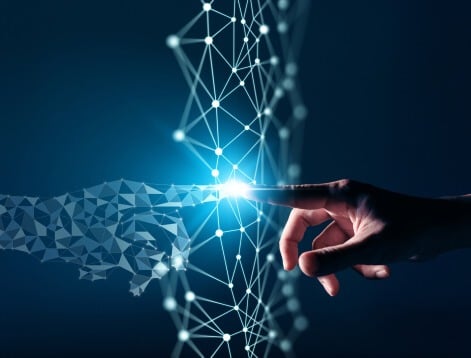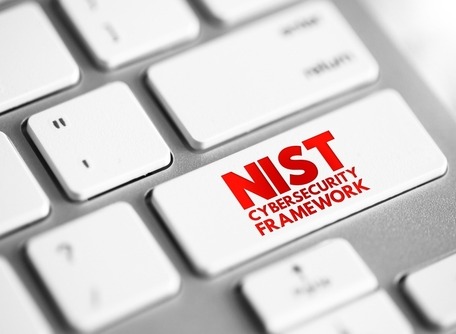Wed | Feb 13, 2019 | 10:12 AM PST
The NIST Cybersecurity Framework continues to grow in popularity as it enters its fifth anniversary.
Larry Wilson, Chief Information Security Officer at the University of Massachusetts President's Office, thinks he knows why it's so popular.
"The NIST framework enables organizations—regardless of size, the degree of cybersecurity risk, or cybersecurity sophistication—to apply the principles and best practices of risk management in order to improve the security and resilience of the business."
5 things to know about the NIST Cybersecurity Framework
- It was developed for critical infrastructure: "Although the Cybersecurity Framework was developed initially with a focus on our critical
infrastructure , such as transportation and the electric power grid, today it is having a much broader, positive impact in this country and around the world,” said Walter G. Copan, NIST Director and Under Secretary of Commerce for Standards and Technology. - The NIST framework has been updated: Version 1.1 is the latest update, and NIST says it has been downloaded more than 267,000 times.
- NIST security framework maps directly to an attack. This includes
identify , protect, detect, respond, and recover. More details. - NIST security framework implementation classes are in high demand. It was SecureWorld's most popular course in 2018, and we are offering the course in 15 cities in 2019, before or during each cybersecurity conference.
- The NIST Cybersecurity Framework is now having a global impact: "The Cybersecurity Framework has been translated into Hebrew, Italian, Japanese and most recently,
Spanish . Portuguese and Arabic translations are expected soon. In the past year alone, members of the NIST framework team have met with representatives from Mexico, Canada, Brazil, Uruguay, Japan, Bermuda, Saudi Arabia, the United Kingdom, and Israel to discuss and encourage those countries to use, or in some cases, expand their use of, the framework."
It has been amazing to watch the growing impact of this cybersecurity framework, and we can't wait to see how it grows and changes during the next five years.
Most Recent
Comments



